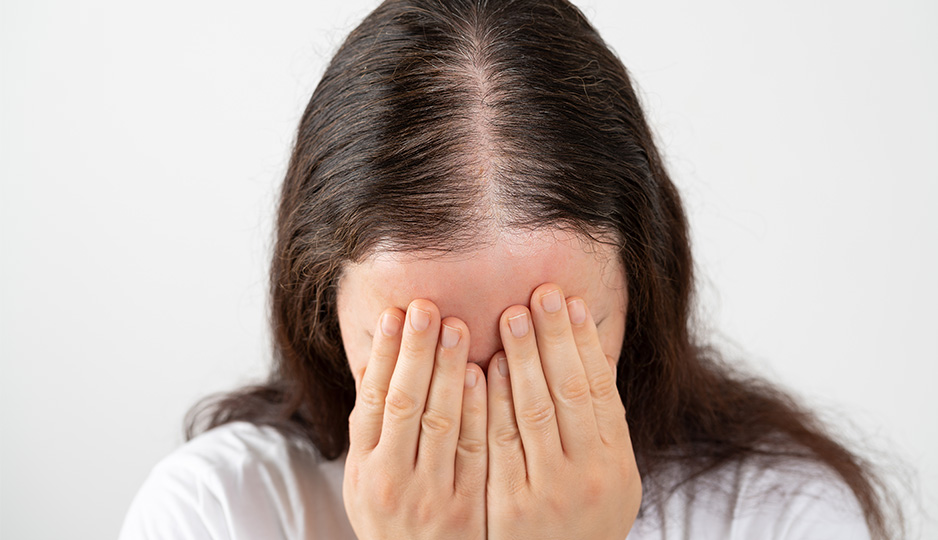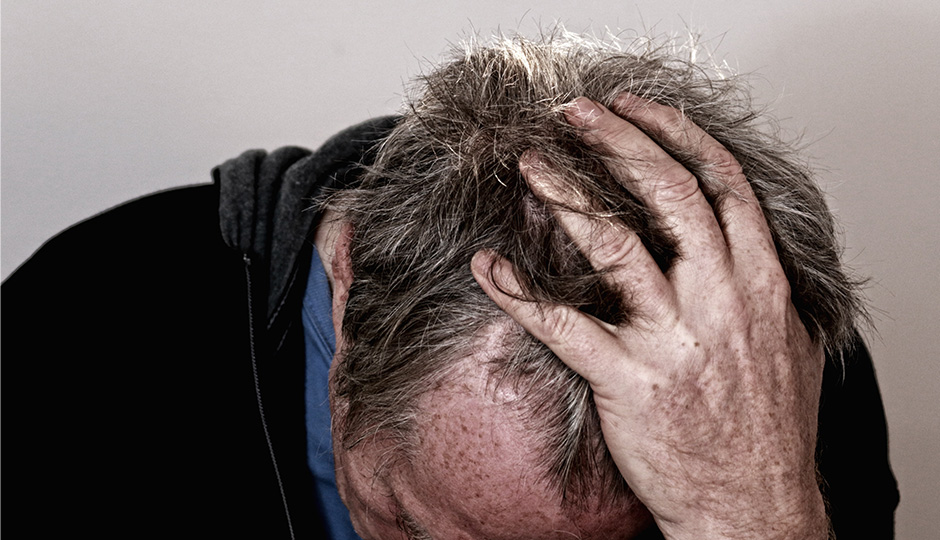Would you like to know a little-known secret? Hormones are the leading cause of hair loss for both men and women either directly or indirectly. Hormones are made by the endocrine system and travel through the body to send a message to the target organ that elicits the desired response. Even though hormones are small molecules they make a big impact on how your body functions; right down to your hair. This is your guide to the role hormones in hair growth, why they cause hair loss, and what you can do about it!
The Role of Hormones in Hair Growth
Optimal hair growth and development are dependent on the endocrine system functioning correctly. Hormones play a part in the health of the hair follicle, the ability to grow new hair, hair thickness, and hair quality. Even the smallest change in certain hormones can have a negative effect on normal hair growth and hair quality.
Hormones That Cause Hair Loss
There are 4 primary hormones that contribute to and accelerate hair loss.
- Thyroid (T3 and T4) - responsible for regulating your metabolism
- Estrogen - primarily regulates the female reproductive system
- Testosterone - regulates the male reproductive system
- Insulin - regulates blood glucose levels
A change in the level of any of these hormones will affect the way your hair grows and can even lead to hair thinning and hair loss.
How Do Hormones Cause Hair Loss?
The health of your hair is a strong indicator of your overall health. Hormones play such a crucial role in the body. When there is a hormone imbalance, your body prioritizes the essential body processes before non-essential. Hair growth is considered a non-essential process and therefore is one of the first processes to suffer when hormone levels are off.
Thyroid Hormone
An imbalance of thyroid hormones can cause hair loss but inhibiting hair follicles from producing new hair growth when strands shed. The good news is that once your thyroid hormones are regulated, hair loss can typically be reversed.
Estrogen
When the levels of estrogen drop, it has two negative effects on hair growth. The first is that lower levels of estrogen cause hair to grow at a slower rate. The second is that it simultaneously increases the production of androgens which causes hair loss by shrinking the hair follicles.
Testosterone
Dihydrotestosterone otherwise known as DHT is the form of testosterone primarily responsible for hair loss. Higher levels of DHT lead to accelerated hair loss. DHT molecules bind to the receptors on the hair follicles which cause them to shrink, weaken, and render them inactive. Typically this type of hair loss is irreversible.
Insulin
The hormone, insulin is responsible for controlling blood glucose levels in the body. Excess levels of sugar can damage blood vessels which are responsible for transporting oxygen to different areas of the body, including your hair follicles. Without adequate amounts of oxygen reaching your hair follicles, they are unable to produce new hair growth, which leads to hair loss.
Combat Hair Loss in Style
A hormone imbalance can occur for a variety of reasons that are out of your control. However, having a full head of hair is something you can control. LH Hair is North Carolina's Leading hair restoration studio. Our stylists are experienced in treating hair loss due to hormone imbalances. We offer hair loss solutions that are holistic, safe, and effective for both men and women. It doesn't matter what stage of hair loss you are in, we have a solution for you! Book your free consultation today and regain your confidence!



